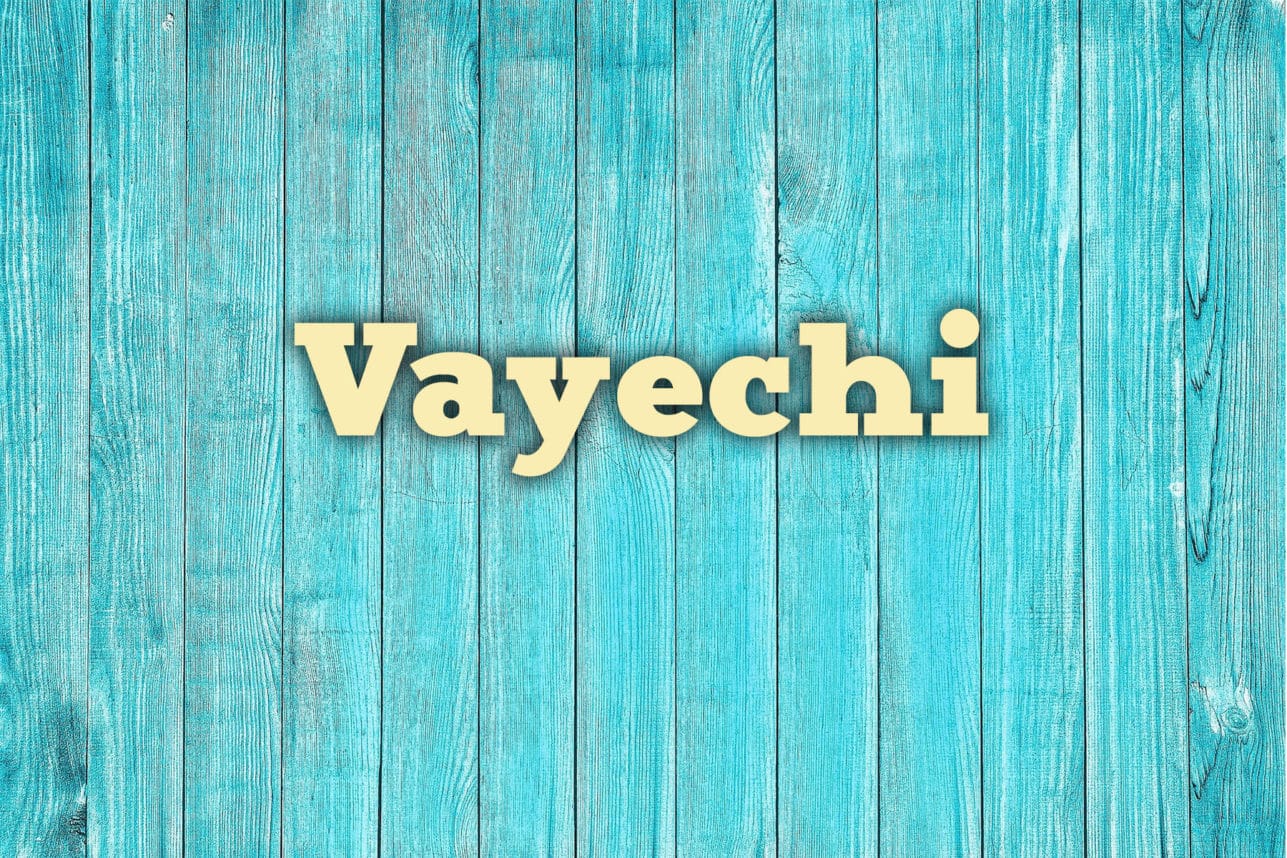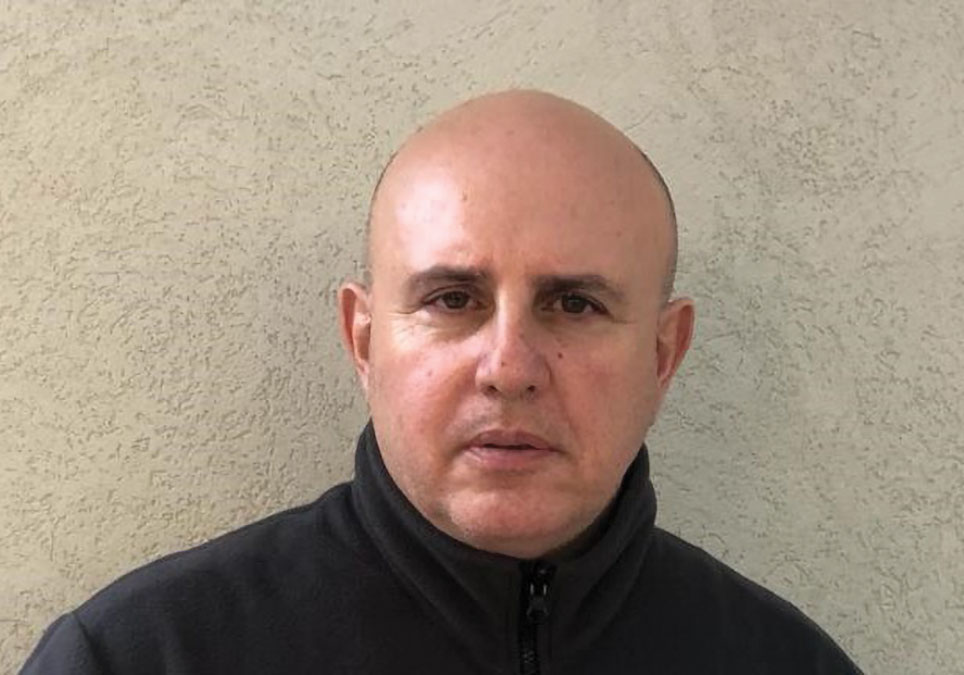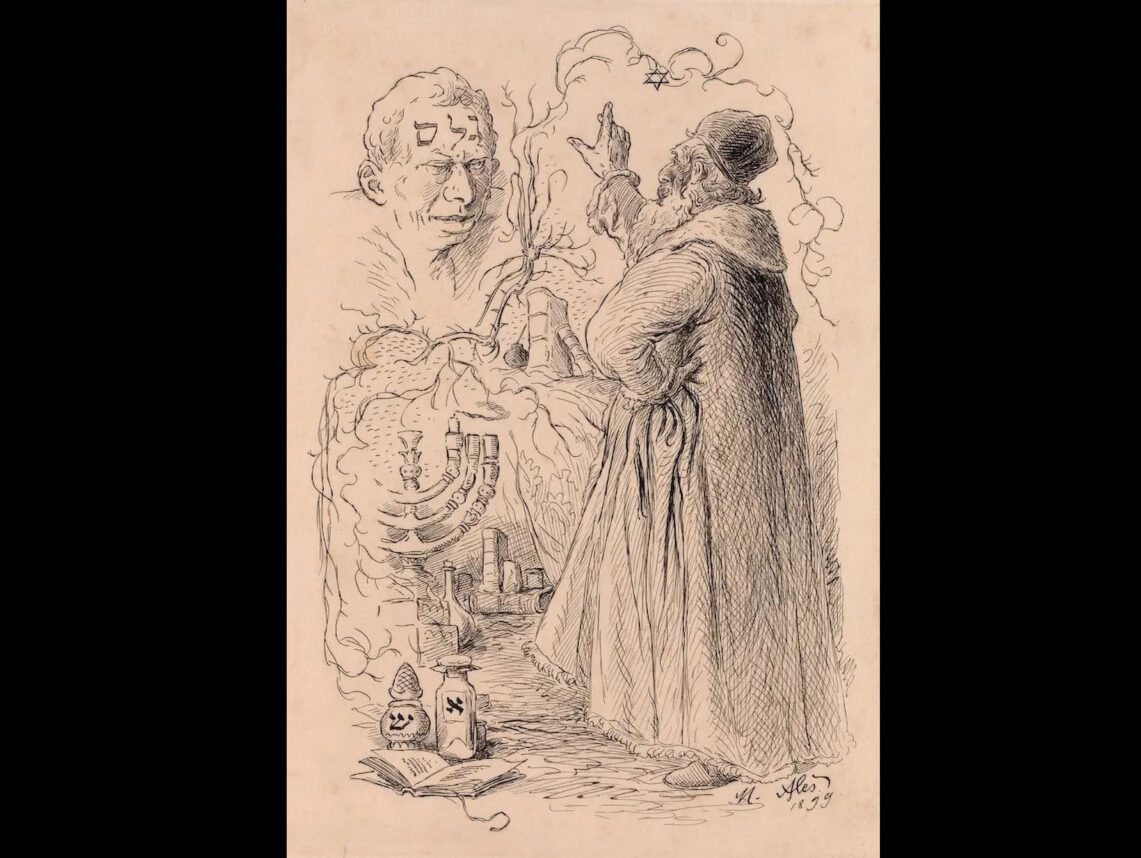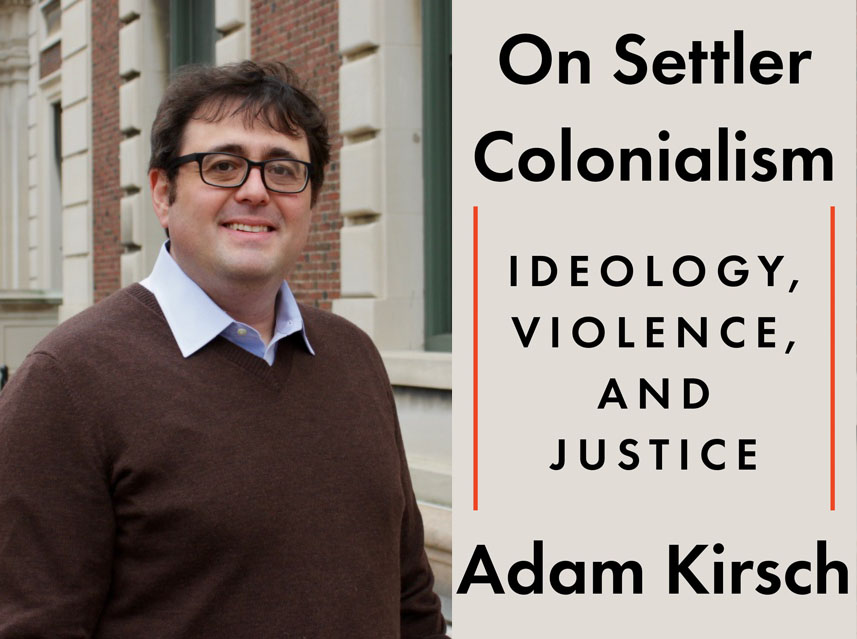
Last February, a woman named Hila who lives in Tel Aviv spoke to Reuters about her decision to not receive the COVID-19 vaccine, claiming she’s “already at peace” with the fact that she will be unable to enter certain venues in Israel.
In reporting on the story, Reuters referred to “Israeli vaccine refuseniks,” Since then the term has taken off, especially in Europe, with the U.K.’s Daily Mail recently publishing an op-ed titled, “When Will Covid Vaccine Refuseniks See Sense and Get a Jab?” The Daily Mail now routinely refers to “refuseniks” when covering stories related to those who opt out of the COVID-19 vaccine.
What’s wrong with this picture?
In an interview, we asked the quintessential refusenik, Natan Sharansky, who spent nine years in Soviet prisons, to describe the historical origin of the term:
“Half a century ago, a modest Russian language teacher from London, Michael Sherbourne, started making regular phone calls to the Jewish activists in Moscow,” Sharansky said. “He coined the term to describe these people who were refused to get visas to leave for Israel — ‘refusenik,’ connecting the English verb ‘refuse’ with the Russian suffix ‘nik,’ like ‘sputnik.’ With time, his telephone calls would become one of the major lines of global communication between Jewish activists on both sides of the Iron Curtain.”
Despite this singular history, from reputable media outlets to social media, “refusenik” is quickly gaining acceptance as a term for “anti-vaxxers,” though there doesn’t seem to be consensus on whether the latter term refers to those who specifically opt out of COVID-19 vaccines, or who reject all forms of vaccination.
On Twitter, a cursory search for the words “refusenik anti-vaxxers” shows a slew of references; there is even a growing number of Twitter handles that include the word “refusenik,” but have nothing to do with the former Soviet Union. This includes the notorious antisemitic conspiracy theorist Gareth Icke, who, on Twitter, describes himself as a “refusenik.”
For the original refuseniks and other activists and sympathizers, the glib appropriation of such a historically meaningful term is painful. The term “became the symbol of people refusing to accept the rules of the totalitarian regime,” said Sharansky. “It was the term that became the code word for the biggest mobilization of the Jewish people and freedom-loving people from all over the world in order to bring down the Iron Curtain.”
The term “became the symbol of people refusing to accept the rules of the totalitarian regime,” said Sharansky. “It was the term that became the code word for the biggest mobilization of the Jewish people and freedom-loving people from all over the world in order to bring down the Iron Curtain.”
While the term has been misappropriated for decades, it’s the normalization of “refusenik” today, against the backdrop of a polarizing pandemic, that has ultimately magnified its scope. In the U.K., the word seems to have entered common parlance as a reference to anyone who refuses to comply with an action; the Guardian’s Mattha Bushby even used it to describe those who turned down state honors by Queen Elizabeth. In September 2020, Hugo Rifkind of The Times and Mark Davenport of the BBC both referred to those who refused to wear facemasks to protect against COVID-19 as “refuseniks.” One month later, the London-based New Statesman called then-President Donald Trump the “refusenik-in-chief” for suggesting he wouldn’t leave office.
“It took incredible bravery for Soviet Jews to apply for an exit visa,” said filmmaker Laura Bialis, who wrote, directed, and co-produced the 2008 feature-length documentary, “Refusenik.” “They risked losing financial stability, their jobs — but still they applied to try to leave an oppressive regime which discriminated against them and prohibited them from practicing Judaism. In taking this step, they also contributed to a heroic cause against a totalitarian state and for the benefit of all.”
Bialis sees a clear distinction between Jews who risked their lives and those who choose to not receive COVID-19 vaccines: “I find it disturbing that this word has been appropriated to describe anti-vaxxers, who are clearly putting themselves above their communities and helping to proliferate a virus that continues to infect and kill people around the world,” she said.
Zev Yaroslavsky, a former Los Angeles County supervisor and councilmember, and a leading American activist in the fight to free Soviet Jewry in the 1970s, agreed. “The word isn’t copyrighted, but this is a bastardization of that term,” he told the Journal. “A refusenik was someone who was refused by the Soviet government the right to exercise their human right under the United Nations Declaration of Human Right for emigration. In that case, it was an oppressor that was refusing an aspiring emigre to exercise his or her human rights.”
With regard to using the term, “refusenik,” in connection with COVID-19, Yaroslavsky believes the tables have turned: “If anything, an anti-vaxxer is more analogous to the Soviet authorities than to the aspiring emigres; it’s the anti-vaxxers who are the threat to the society and the rights of every human being to be free from disease, including measles mumps, chicken pox, and whooping cough.”
Gal Beckerman, author of “When They Come for Us, We’ll Be Gone: The Epic Struggle to Save Soviet Jewry,” views the current use of “refuseniks” as the antithesis of the original term. “I find it disturbing; it’s this weird semantic drift,” he said, adding, “‘Refuseniks’ were people who wanted freer, more authentic life as Jews, and as a result, became pariahs in their own society, losing jobs, friends, and being kicked out of their apartments; they became the underclass in a perpetual state of waiting to leave.
Ever the realist, Sharansky has one request of those who misappropriate “refusenik”: “Please,” he urged, “[at least] use this word in your mundane needs with irony and humor in order not to lose the real sense of proportion.”
“‘Refusenik,’ at a basic level, meant the state was refusing you; today, it’s transformed into an individual refusing to do something,” Beckerman continued. “This shifts the agency involved in the term; it was never intended for people who themselves refused something. That people now use it for something else violates the memory of what it was originally meant to refer to.”
Ultimately, it may be too late to prevent “refusenik” from entering everyday vernacular. “There has been a real competition for who will make this noble word cheaper,” said Sharansky. “Today, it can even mean teenagers who are refused service at a bar because of their age.”
But ever the realist, Sharansky has one request of those who misappropriate “refusenik”: “Please,” he urged, “[at least] use this word in your mundane needs with irony and humor in order not to lose the real sense of proportion.”
Tabby Refael is a Los Angeles-based writer, speaker, and civic action advocate. Follow her on Twitter @RefaelTabby























 More news and opinions than at a Shabbat dinner, right in your inbox.
More news and opinions than at a Shabbat dinner, right in your inbox.